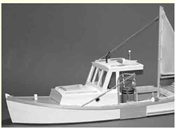
Download a PDF to build part two of our 1:20.3-scale lobster boat. Part two includes finishing and detailing the boat. Note: This PDF is tiled to print on your home printer. Two “overview” pages will print first, followed by the full-size plans. Each page has 1 1/2″ of intentional overlap. Trim the excess paper from […]
Read More…
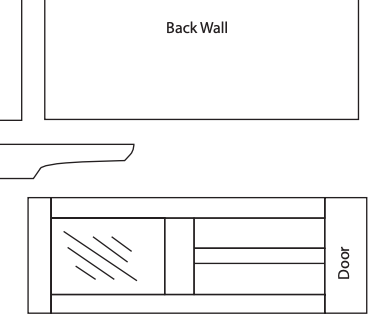
Download these free plans for a work caboose! They accompany our “Garden railway basics” articles from the June and August 2006 issues. Follow along with author Kevin Strong to build a work caboose from styrene. […]
Read More…
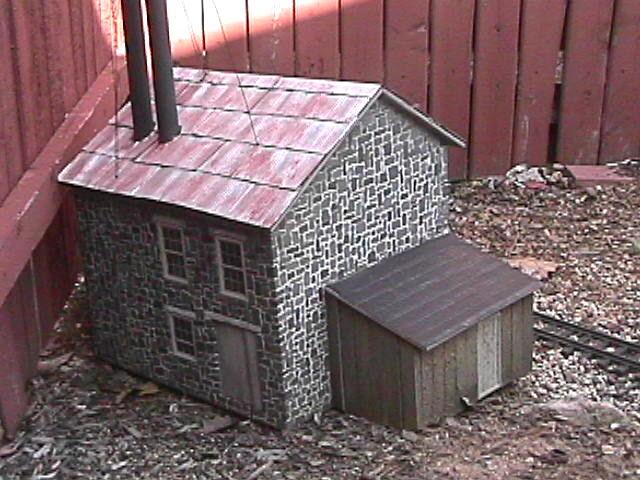
This structure on the Greenbriar Cheat & Elk railway was made out of blue foam insulation board. Randy Mower I have been scratch building structures for my Greenbriar Cheat & Elk garden railroad since 1993. Although I have commercial structures on my railway, I wanted to have buildings that were unique to my railroad, so […]
Read More…
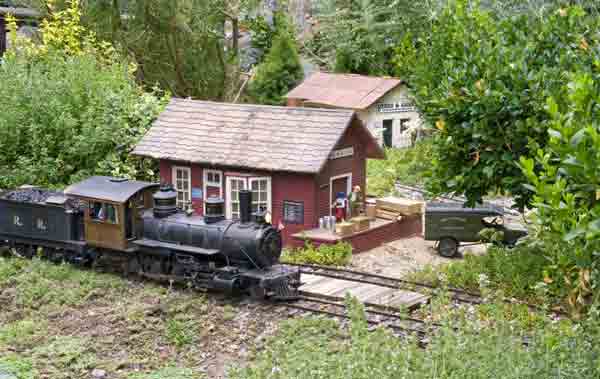
Download this free trackplan that accompanies our Tuscarora project railroad series. In the June 2006 issue: Determining a trackplan, surveying the land, and defining objectives In the August 2006 issue: Breaking ground and building a stone retaining wall In the October 2006 issue: Building a PVC-based trackbed In the December 2006 issue: Laying track In […]
Read More…
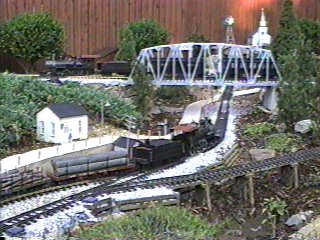
Marc Horovitz When trains run over and under bridges and trestles, a garden railroad becomes more interesting to watch Randy Mower Marc Horovitz Marc Horovitz Many garden railways occupy a corner of the back yard in an area big enough for only a simple loop of track. Although an HO or N scale railroad would […]
Read More…
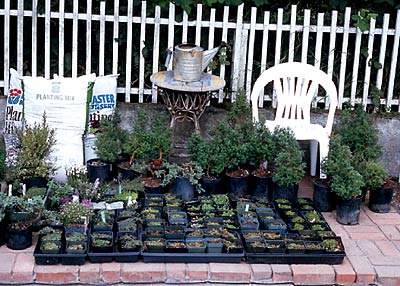
A variety of plants have been chosen to populate the railway. Marc Horovitz While building the railroad we casually discussed plant material. What would look good here, what kind of effect were we trying to create there, how should we plant this rock formation? So, when it finally came down to it, we had a […]
Read More…
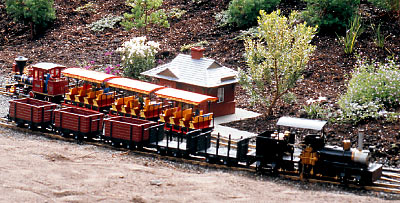
Small trains give the illusion of traveling long distances in a garden railway. Marc Horovitz As mentioned in the first installment, since we had a little, tiny railroad, small equipment was called for. The smaller the equipment, we reasoned, the greater the illusion of distance travelled. So, we opted for the smallest equipment we could […]
Read More…
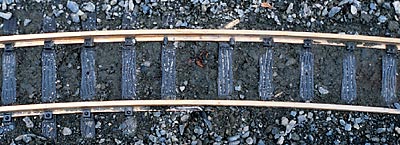
The importance of ballasting gauge-1 track: LGB track is heavy enough to float by itself in ballast, just like full-size railroad track. The ballast not only provides a good, solid base for the track, it keeps the track away from the soil and provides good drainage. Before we could begin ballasting, we had to remove […]
Read More…
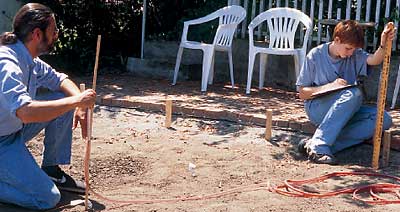
Adriane stays at stake #1 while I move around the yard. Here, the string has been tied to the second set of stakes. I call out dimensions while Adriane notes them on the site plan. A small passenger train is ready to depart the station on the newly completed Colorado & Pacific Marc Horovitz Marc […]
Read More…
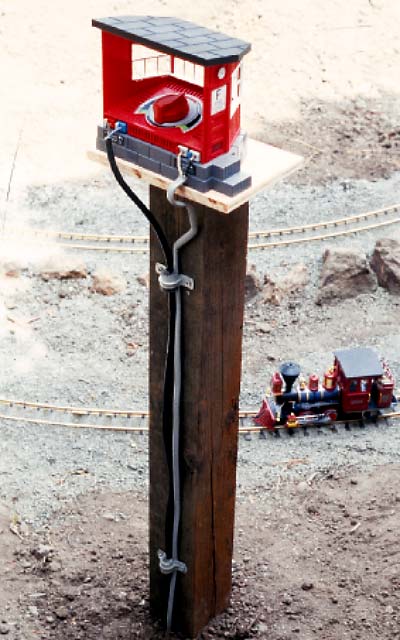
This wooden column supports the control center. Leads have been neatly attached to it. Marc Horovitz Small trains give the illusion of traveling long distances in a garden railway. Marc Horovitz With our trackwork complete, we could now turn our thoughts toward wiring the Colorado & Pacific. Since ours was a small railroad, wiring would […]
Read More…
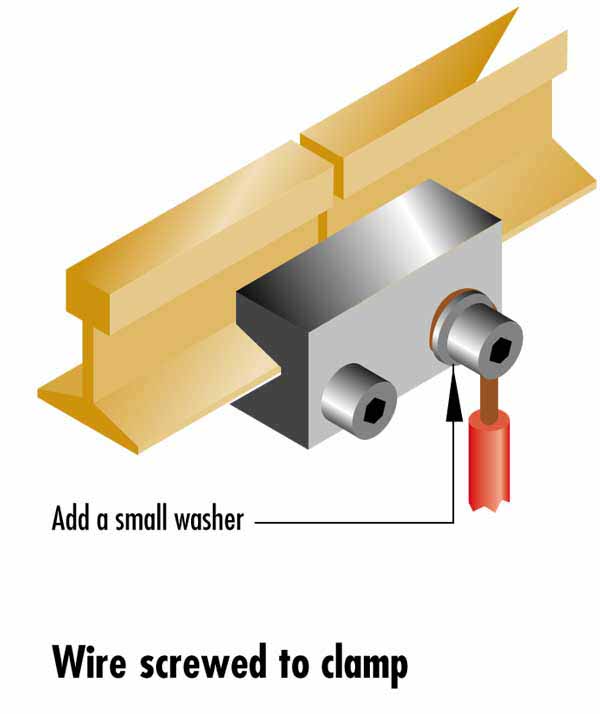
Marc Horovitz Marc Horovitz Marc Horovitz There are several ways of connecting a lead wire to the rail. Perhaps the most positive is soldering it. The wire can also be connected mechanically. Screw-on connectors are not too reliable outdoors. However, a wire can be screwed to a clamp-on rail joiner. Split Jaw Rail Clamps offers […]
Read More…











